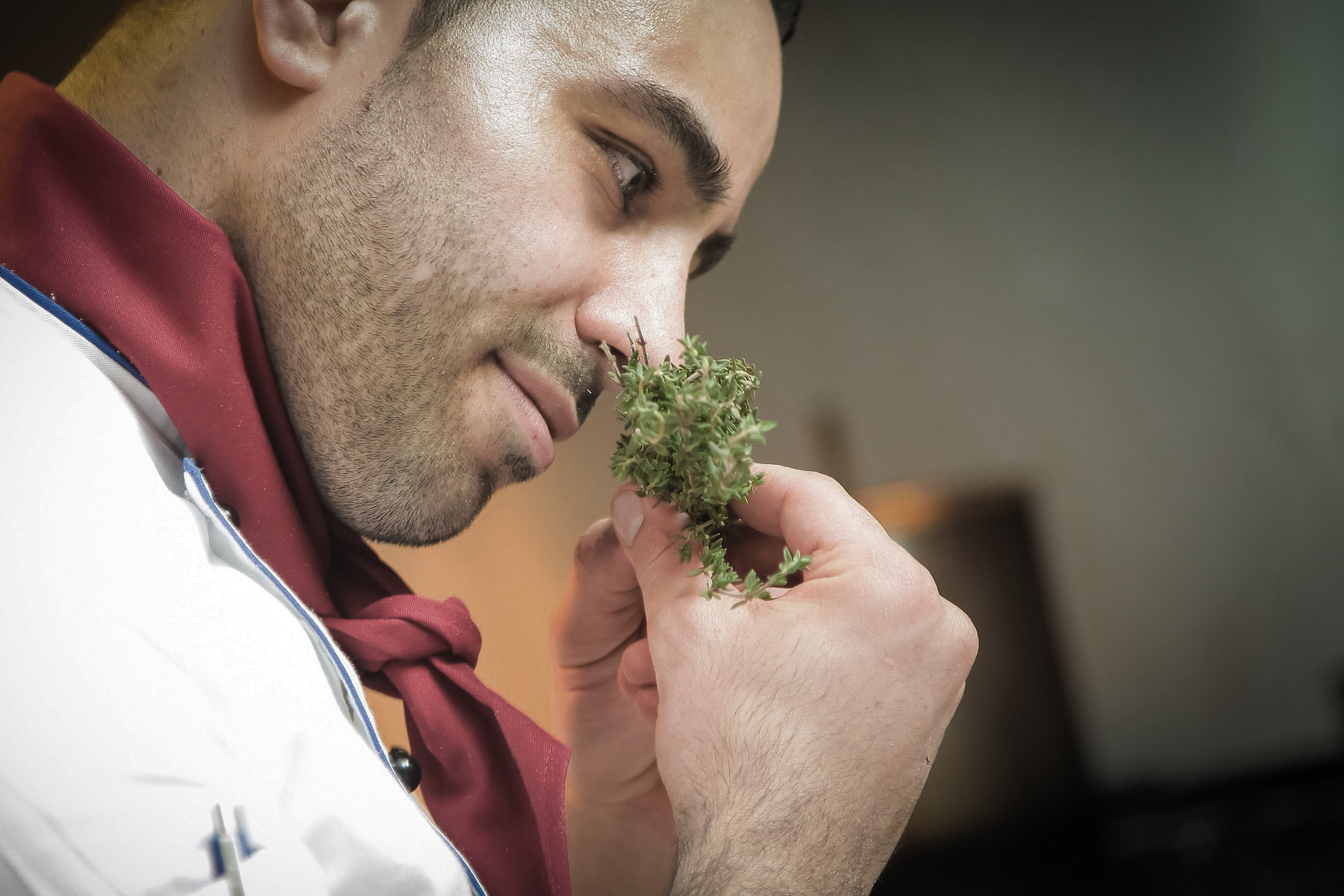Thankfulness underpins resilience

Never believe that you are in full control of the blessings accorded you, that you perceive or possess.
We are naturally inclined to desire more of the things we don't believe we have.
This state is both the result of our evolutionary drives as primates, and because many of the cues in modern life pull us towards a state of desiring growth or improvement in some way. If this is our prevailing state, then the assumption. Behind it is that what we have is somehow unsatisfactory or unworthy of credit; we are inclined to discount the wealths, abilities, freedoms and relationships we do have. This predisposes us towards a negative bias in terms of how content we are. Moving the logic on, it also means that we would never be happy, because we no matter what we do gain, grow or achieve, we devalue it because we have it. Contentment becomes an illusion and we become dispirited and fatigued, moreover, we lose energy towards achieving our higher goals because it seems that the goalposts themselves keep moving.
Most of the good things we have in life arise by chance. Being thankful is a way of understanding and acknowledging that.
Most of the good things we have are largely the result of good fortune, nothing more. We were born into the right place at the night time, and followed a life course that was mostly automatic for us in terms of the basic resources and advantages we have. Most of the good things we have in life arise by chance. Being thankful is a way of understanding and acknowledging that.
Taking stock of the things that we do enjoy allows us to work harder to keep them. We are more contented when we realise that we are already ahead of most other people. Simply having the ability to read a book puts us ahead of many people in the world. In order to be in the privileged position of reading a book or a page of the internet, we have experienced a number of privileges which have largely occurred as a matter of good fortune, when compared to many other people. We have been schooled in reading and are therefore able to read; we are well fed enough to have the spare time to read now; we probably have shelter, and we are free from immediate danger.
The brain is a great equaliser, tricking us into taking the good things in our lives for granted. Sadly, we are naturally inclined to under-appreciate the value of those things until they are taken away. Take the ability to see, for example. Being blinded would take us down a frenzied emotional course, and we would almost certainly lose access to other good things in life as a knock-on effect of blindness. Whilst it is true to say that most of us would adjust to our new state and quite possibly find ways to live a full life with it, it is also true that we would reflect on how much of a gift our vision actually was, every minute of every day.
The paradox followed by successful and contented people is therefore thus: practise thankfulness for what you have, actively auditing all the natural, free, and earned gifts in your life, and you will feel refreshed and grounded in terms of the efforts and energies you are able to commit towards improving your life. Never believe that you are in full control of the blessings accorded you, that you perceive or possess. Nobody is ever in full control of their fate, but this is not something to be feared; rather, it is something which we could feel refreshed and energised by. Thankfulness is a humble and truthful nod to that fact.
